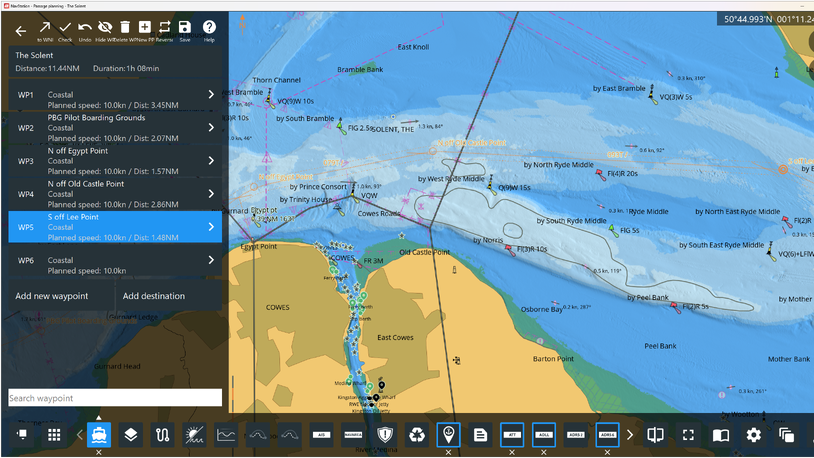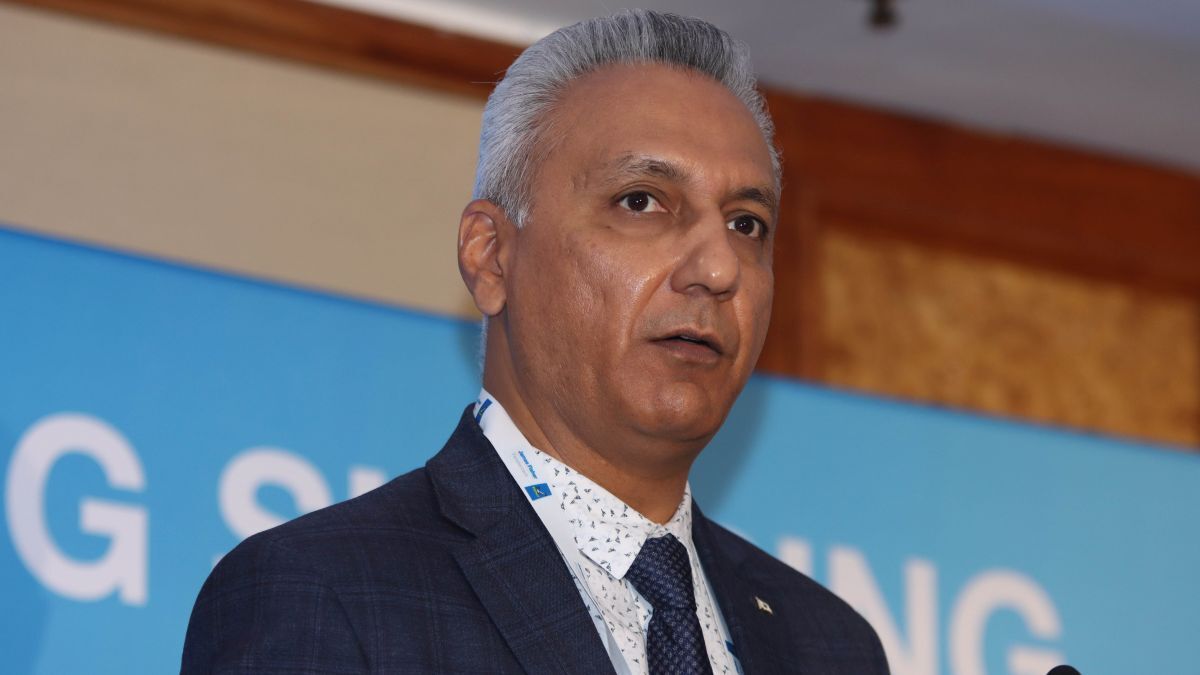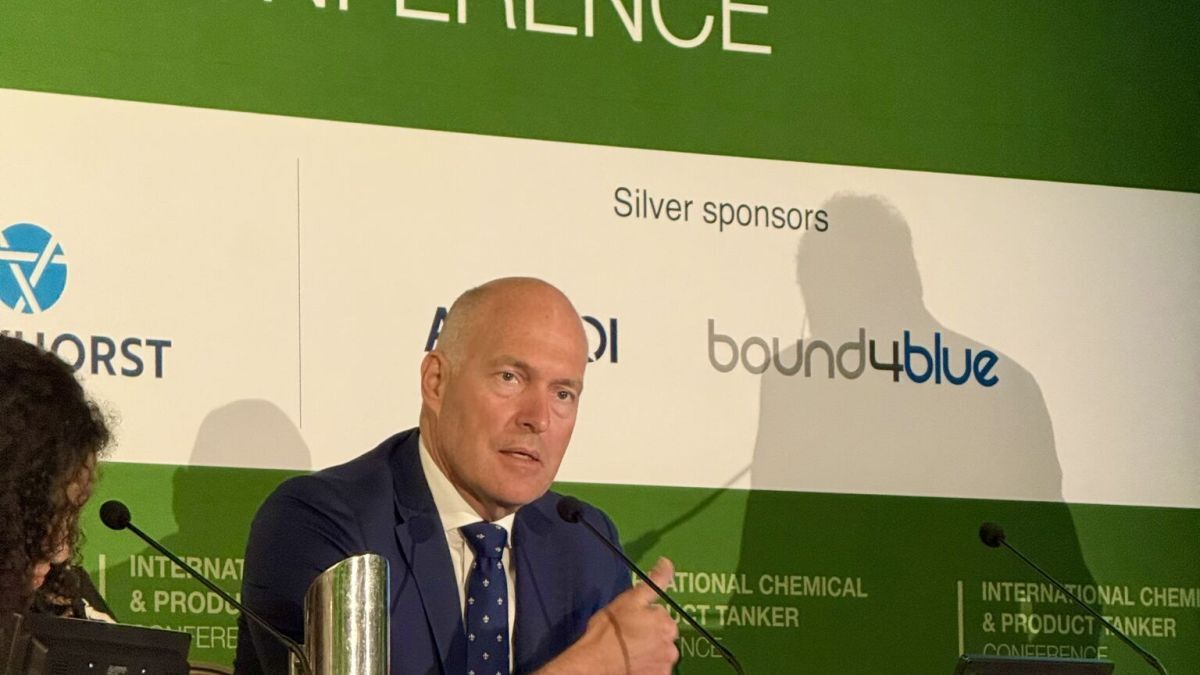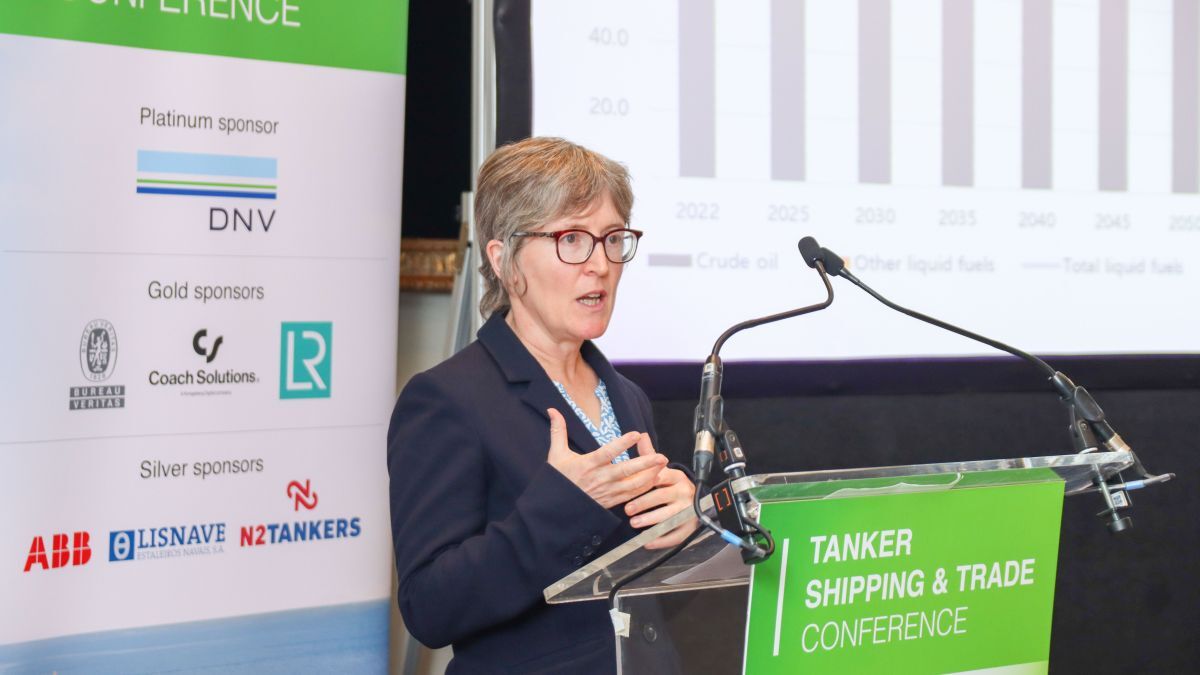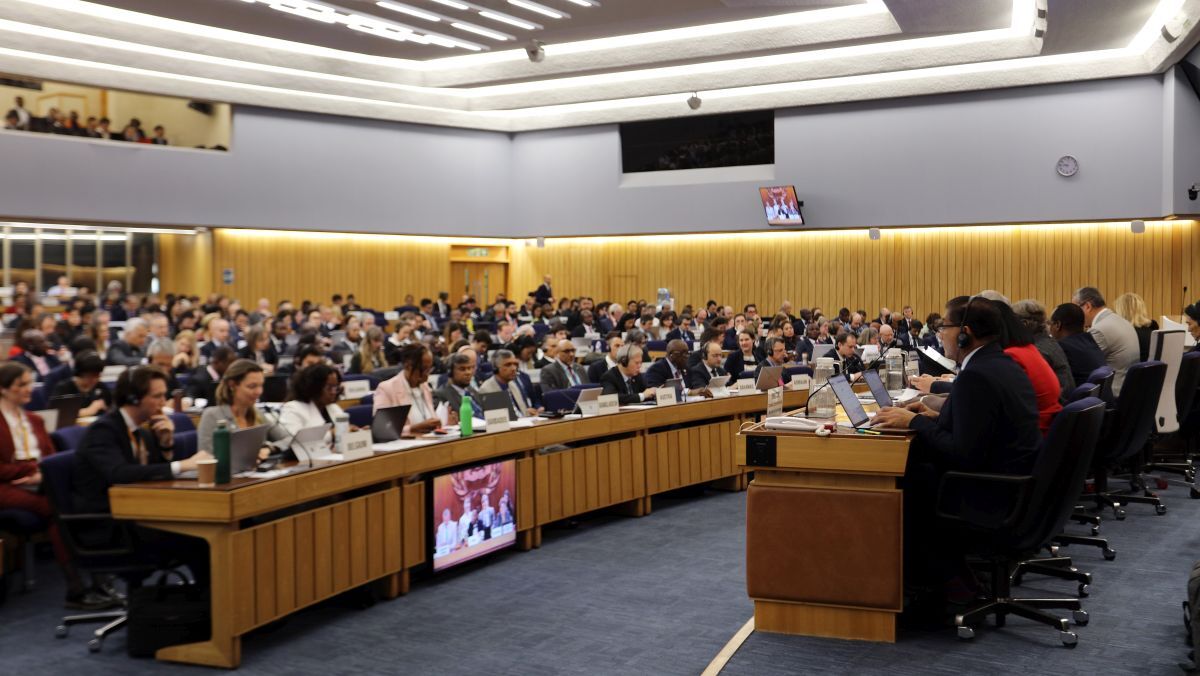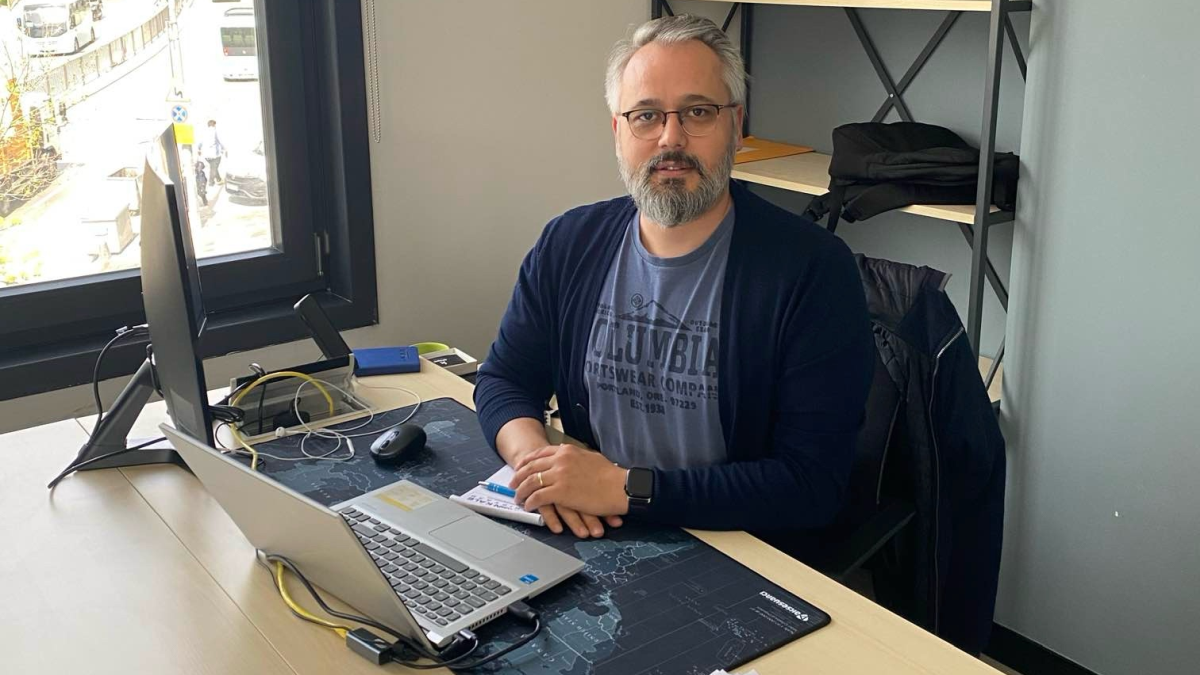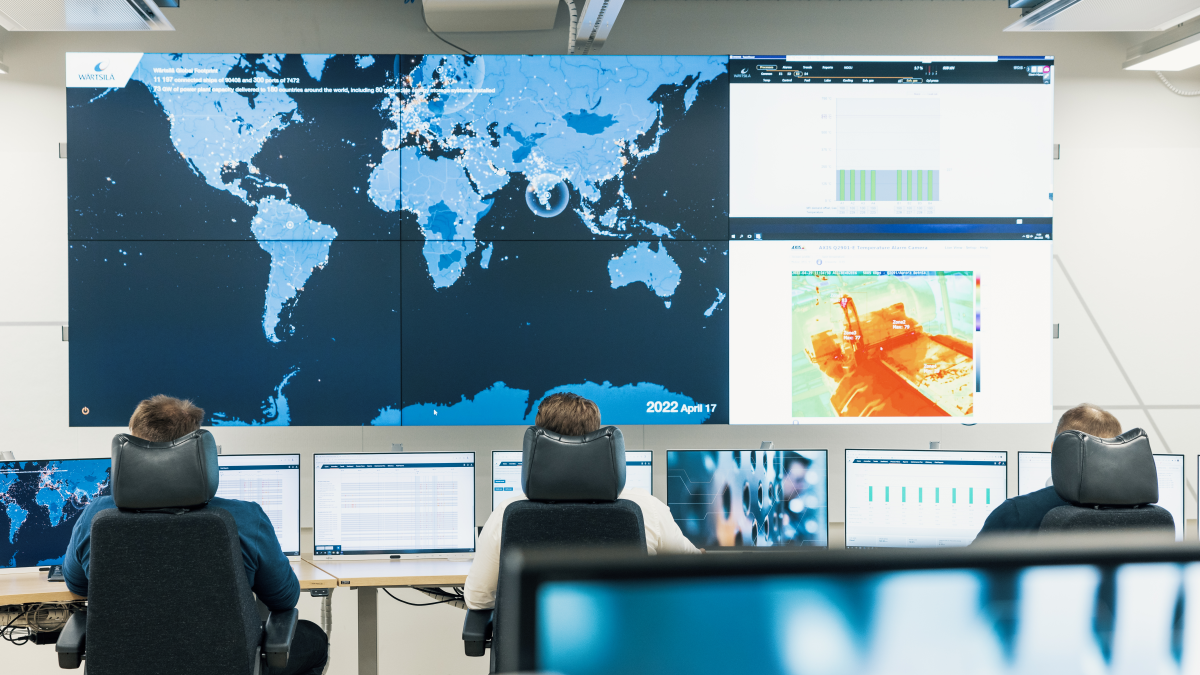Business Sectors
Events
Contents
Register to read more articles.
Best practice operational processes for FSRUs
Wilhelmsen Ship Management (WSM) head of LNG-LPG and FSRU Group, Capt Sundeep Dhaliwal explains the pitfalls and challenges of operating a floating storage regasification unit (FSRU) and processes that need to be put in place to ensure safe and efficient operations
Capt Dhaliwal presented a comprehensive overview of operational processes for FSRUs during a session at the LNG Shipping & Terminals Conference in London in November 2023.
Capt Dhaliwal began by emphasising the critical role FSRUs play in providing flexible LNG import solutions tailored to various environments. With more than 28 years of experience in gas vessel management, Wilhelmsen Ship Management is at the forefront of FSRU operations, managing a fleet that includes eight LNG vessels and several LNG bunker vessels.
FSRU operations present unique challenges compared with traditional LNG vessels. Capt Dhaliwal stressed, "FSRUs must play the partial role of terminal, the power plant infrastructure and the interface of incoming LNG." He highlighted the significance of regasification, stating, "Regasification is the process of converting liquefied natural gas back into its gaseous form... LNG from the ship’s cargo tank is delivered to the feed pumps... at a pressure of about 5-6 bars and at -160°C."
He noted that the natural gas sent out at a temperature of 5°C is designed based on the seawater temperature of 14°C. In lower seawater temperature conditions – less than 14°C – the FSRU will use glycol stream water heaters. Due to the current Russia-Ukraine situation, some FSRUs have been to colder regions which have reduced send out rates during the winter months since the vaporisers cannot cope with the low seawater temperatures.
Capt Dhaliwal also referred to LNG rollover, which refers to the rapid release of LNG vapour that can occur as a result of the spontaneous mixing of layers of different densities of LNG in a storage or cargo tank. FSRU operations are more liable for LNG rollover incidents compared to LNG sea and land-based LNG tanks, which usually facilitate better cargo segregation options. This requires very careful planning, assessment and preventive actions, tailored for optimising safe operations of FSRU use requiring good procedures and competent, experienced and trained personnel.
Continuous operations demand meticulous maintenance planning to ensure uninterrupted send out. Capt Dhaliwal noted, "STS equipment, including hoses, cargo emergency shutdown system, fenders and mooring hooks require regular system health checks, calibrations and timely maintenance." Contingency planning and effective communication between FSRU teams and local terminal operators are essential for emergency situations, as demonstrated during Turkey’s earthquake, where Capt Dhaliwal mentioned, "Our managed FSRU... was able to establish send out within hours swiftly for providing continuous power to the region."
FSRU STS operations bring some unique features. The rigging plan has to be established specific to each LNG carrier based on parallel body length, draft and cargo operations. He noted that on quite a few occasions, challenges during STS with LNG vessels have been experienced as LNG carrier crew are not as used to doing an STS operation as the FSRU crew.
One aspect in mooring, is that some older LNG carriers in operation have flared shoulders which results in improper deployment of forward spring lines. This must be determined at the assurance stage and protectors on incoming LNG vessels shall be deployed to prevent chafing and damage. Appropriate fender rigging plans should be established specific to each LNG calling at the FSRU and WSM developed a special contraption, a spring line protector, which was made to avoid the spring line and tangling with the railing.
Capt Dhaliwal noted the critical role of crew training in FSRU operations. He stated, "It is critical that the subsequent set of crew are given equal focus for training and familiarisation." Challenges arise in finding skilled crew due to the limited number of FSRUs globally. Transitioning plans are necessary for deploying local staff, involving extensive training and familiarisation programmes. Capt Dhaliwal noted, "The challenge is compounded where FSRU contracts require a transition to employing local staff."
Transitioning to local staff poses significant challenges, particularly in regions with limited LNG experience. Capt Dhaliwal shared, "A proper well-planned transition plan must be in place for changeover to local staff."
Wilhelmsen Ship Management’s experience in Turkey exemplifies successful transition planning, where Capt Dhaliwal mentioned, "We had to eventually change the flag to Turkish flag and we had to employ 100% Turkish workers... and now they’re operating these vessels themselves."
Riviera Maritime Media’s LNG Shipping & Terminals Conference will be held in London, 12 November 2024, click here to register your interest in this industry-leading event
Related to this Story
Women in Maritime Today: Elin Saltkjel says no day working in maritime is dull
Events
Maritime Environmental Protection Webinar Week
Cyber & Vessel Security Webinar Week
The illusion of safety: what we're getting wrong about crews, tech, and fatigue
Responsible Ship Recycling Forum 2025
© 2024 Riviera Maritime Media Ltd.

